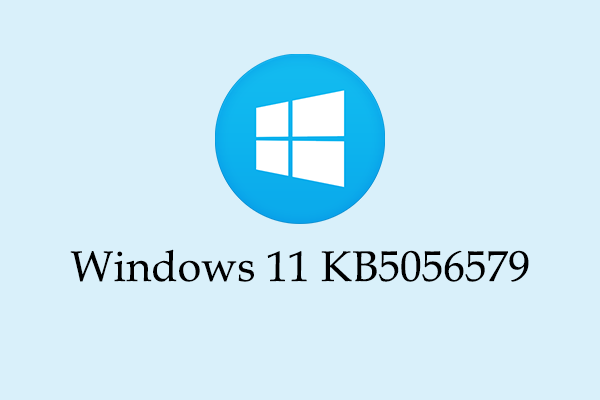What are location spoofing and VPN? What are they used for, and what are the differences between them? This post on MiniTool will focus on the definitions, differences, and usage of location spoofing vs VPN.
You may need to use a VPN or location spoofing to securely access geo-restricted content or conceal your real location. Are you confused by the location spoofing vs VPN when it comes to online privacy and security? Both methods can alter your digital presence and assist in safeguarding your privacy, yet they operate in various ways and serve different purposes. Keep reading to get more details.
Definitions: Location Spoofing vs VPN
What Is Location Spoofing
Location spoofing, often referred to as GPS spoofing, is a method employed to disrupt and take over the signals sent by satellites that are utilized for navigation. This disruption misleads GPS receivers into thinking they are situated in a different location from their true position.
GPS spoofing employs fake radio signals to replicate authentic Global Positioning System (GPS) signals, misleading GPS-receiving devices regarding their real location and effectively deceiving the receiver. It means the location spoofing doesn’t offer any real privacy protection, even though it is fun and easy to set up.
What Is a VPN
A virtual private network (VPN) is a tool created for enhancing privacy, ensuring security, and sometimes altering your online location. However, unlike simple location spoofing, a VPN operates on a deeper level.
When using a VPN, your internet connection is directed through a distant server, concealing your IP address and forming a secure, encrypted pathway. This improves your privacy by making it challenging to monitor your online behavior.
Advantages of Using a VPN:
- It can conceal your IP address and safeguard your data from being intercepted by hackers, internet service providers (ISPs), or anyone else attempting to monitor your activities.
- It helps secure your data more effectively. Utilizing a VPN connection can help you evade certain intrusive advertisements and prevent your bank account from being locked, among other things.
- You can experience lightning-fast browsing speeds, particularly when streaming videos or movies.
- VPNs circumvent censorship and geographical limitations, allowing you greater freedom to access content.
Differences: Location Spoofing vs VPN
Although these powerful tools — VPN and location spoofing can be used interchangeably, they aren’t identical. In the following part, we will discuss the differences between location spoofing and VPN.
1. Main Purpose
- Location Spoofing: It allows you to simulate your geographical location for various apps and websites in a different city or country, granting you access to location-restricted content, services, etc.
- VPN: A VPN enhances your online security by encrypting your internet connection and safeguarding your data from potential cyber threats. It effectively alters your IP address, masking your real location and identity from websites, advertisers, and potential hackers.
2. Privacy Protection & Security Level
- Location Spoofing: It offers a limited level of security, as it lacks robust encryption, which means data is not securely protected while transmitting. As a result, you remain vulnerable to potential data breaches, and your online activities can still be monitored.
- VPN: It provides a high degree of security by encrypting all data sent and received over the internet. This means that your online activities, including browsing history, are obscured from Internet Service Providers (ISPs) and potential hackers.
3. How to Use
- Location Spoofing: Typically involves using an app or a browser extension.
- VPN: Necessitates subscribing to a VPN service and installing the corresponding software.
4. Common Application Situations & How It Operates
- Location Spoofing: Utilizing GPS manipulation to access apps, games, or content restricted by region.
- VPN: Directs internet traffic via an encrypted tunnel to gain access to content restricted by geography and to secure online transactions.
5. Streaming Service Access
- Location Spoofing: Sometimes, using location spoofing may not work, as many streaming platforms prevent the use of false IP addresses or GPS locations.
- VPN: VPNs can circumvent geo-restrictions on streaming.
The Best Option for a VPN — MiniTool VPN
Which VPN software for Windows offers the highest security and stability? You must know that a reliable VPN should have the following features:
- Multi-factor authentication (MFA): Requires you to confirm your identity through multiple methods, such as passwords or authentication codes, enhancing security.
- Kill switch: Automatically shuts down selected programs if the connection becomes unstable, preventing exposure of your IP address and data.
- Hides IP address: Masks your IP to protect your online activities from being monitored, with measures in place to avoid leaks.
- No data logging: Most secure VPNs do not store information transmitted over the network, ensuring your online privacy and anonymity.
MiniTool VPN fits the bill. It allows you to surf the web, download files, stream videos, and more globally without disclosing your IP address and location.
Final Words
This post mainly talks about the definition, differences, and more information about location spoofing vs VPN. Hope the information is helpful for you.


User Comments :